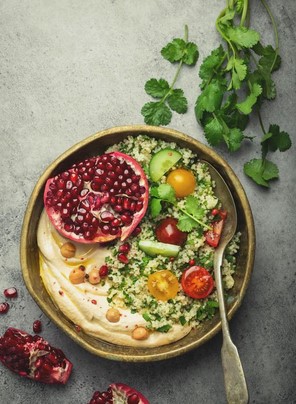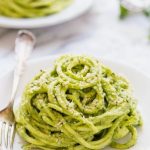Introduction:
The gut microbiome, composed of trillions of microorganisms living in our digestive tract, plays a crucial role in our overall health and well-being. From supporting digestion and nutrient absorption to regulating immune function and mood, a balanced and diverse gut microbiome is essential for vitality and vitality. In this comprehensive guide to gut health, we’ll explore the importance of nourishing your microbiome, discuss the factors that influence gut health, and provide practical tips for optimizing your digestive wellness.
Understanding the Gut Microbiome:
The gut microbiome is a complex ecosystem comprised of bacteria, viruses, fungi, and other microorganisms that inhabit the gastrointestinal tract. These microorganisms play a vital role in various physiological processes, including digestion, metabolism, immune function, and neurotransmitter production. A healthy and diverse gut microbiome is characterized by a balanced ratio of beneficial and harmful bacteria, which promotes optimal gut health and overall well-being.

Factors Influencing Gut Health:
- Diet: The foods we eat have a significant impact on the composition and function of our gut microbiome. A diet rich in fiber, prebiotics, and fermented foods nourishes beneficial gut bacteria, while a diet high in processed foods, sugar, and unhealthy fats can disrupt the microbiome and contribute to dysbiosis.
- Lifestyle: Factors such as stress, sleep, exercise, and medication use can influence gut health. Chronic stress, poor sleep quality, sedentary behavior, and overuse of antibiotics can disrupt the balance of gut bacteria and compromise immune function.
- Environment: Environmental factors such as pollution, toxins, and exposure to pathogens can also affect gut health. Consuming contaminated food or water, exposure to environmental toxins, and living in a polluted environment can disrupt the microbiome and increase the risk of gastrointestinal issues.
- Genetics: While genetics play a role in determining individual susceptibility to certain gut-related conditions, such as irritable bowel syndrome (IBS) or inflammatory bowel disease (IBD), lifestyle factors and environmental influences play a more significant role in shaping gut health.
Practical Tips for Nourishing Your Microbiome:
- Eat a diverse diet: Include a variety of fiber-rich fruits, vegetables, whole grains, legumes, and nuts and seeds in your diet to support a diverse microbiome.
- Consume fermented foods: Incorporate probiotic-rich foods such as yogurt, kefir, sauerkraut, kimchi, and kombucha into your diet to introduce beneficial bacteria into your gut.
- Prioritize prebiotics: Consume foods rich in prebiotic fibers, such as onions, garlic, leeks, asparagus, bananas, and oats, to nourish beneficial gut bacteria and promote microbial diversity.
- Minimize processed foods: Limit your intake of processed foods, refined sugars, artificial sweeteners, and unhealthy fats, which can disrupt the balance of gut bacteria and contribute to inflammation.
- Manage stress: Practice stress-reducing techniques such as mindfulness meditation, deep breathing exercises, yoga, and spending time in nature to promote a healthy gut-brain connection and reduce stress-related gut symptoms.
Conclusion:
Nourishing your gut microbiome is essential for vitality and overall well-being. By understanding the factors that influence gut health and incorporating practical strategies for optimizing digestive wellness into your daily life, you can support a balanced and diverse microbiome, promote optimal digestion and nutrient absorption, enhance immune function, and improve overall vitality. Embrace the power of gut health and prioritize nourishing your microbiome for a healthier, happier you.

